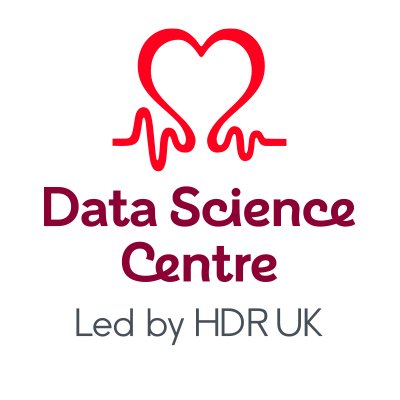Authors: Matt Sydes, Associate Director for Data Enabled Trials at the BHF Data Science Centre | Jackie MacArthur, Research Project Manager at the BHF Data Science Centre
Greater use of data collected through healthcare systems will play a key role in transforming the way we do clinical trials. Linking relevant healthcare records and making them available to clinical trials teams could provide real-time access to relevant data, decrease overall effort, decrease errors and change the way that trials are monitored.
Randomised controlled trials are the gold standard way of testing whether a healthcare intervention or policy is better than what is already used. This is for good reason: random allocation of appropriately informed participants ensures comparable groups at the start and consistent, fair, prospective data collection, pre-defined in a clear protocol, maintains this balance. These fundamental principles are not available through other research methods so clinical trials will remain key to improving healthcare into the future. However, clinical trials are costly and effort-intensive. Overcoming these obstacles will require streamlining of processes and the implementation of more efficient trial processes.
The use of healthcare systems data could increase efficiency and reduce costs of clinical trials, while keeping accuracy high. They can also support recruitment, helping to ensure appropriate representation among the people invited to participate. However, only a small proportion of clinical trials have been accessing healthcare data to help with outcome assessment. Working as part of Health Data Research UK (HDR UK), the British Heart Foundation (BHF) Data Science Centre aims to facilitate the use of healthcare systems data in cardiovascular clinical trials, thereby increasing the number and proportion of cardiovascular clinical trials using such data. Last year, we published our introductory report setting out the results of a survey investigating the use of healthcare systems data by cardiovascular clinical trials and the challenges faced. To explore these challenges further, we ran in-depth workshops with people researching cardiovascular surgery: the first half of the workshop dived into the detail of the challenges faced; the second half focused on developing and exploring possible solutions to these challenges. The key challenges raised were reassuringly familiar and could be grouped into three main areas: (i) reliable access to appropriate data; (ii) costs and information about cost; and (iii) use of the data. Our report building out from this workshop is now available here.
This discussion feeds directly into BHF Data Science Centre’s plan for trials and complements the Transforming Data for Trials plans of HDR UK. Our aim is that the use of some healthcare systems data will be the default approach for all cardiovascular clinical trials in the foreseeable future. This will require that that access is achievably straightforward, and we will work with data collators and trial funders to take the appropriate steps to facilitate this. To help trials teams navigate the process of gaining access to and using healthcare systems data we will provide guidance and support. We will also work with the community to develop best practice in using the data, particularly around the use of standardised clinical outcomes (or “phenotypes”) in CVD trials using healthcare systems data. This will involve working to agree how to define outcome measures appropriately and support teams in using them.
Clinical trials will appropriately remain the mainstay of practice-changing research in the long-term. We look forward to driving the change in how they are implemented.



